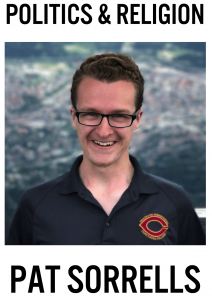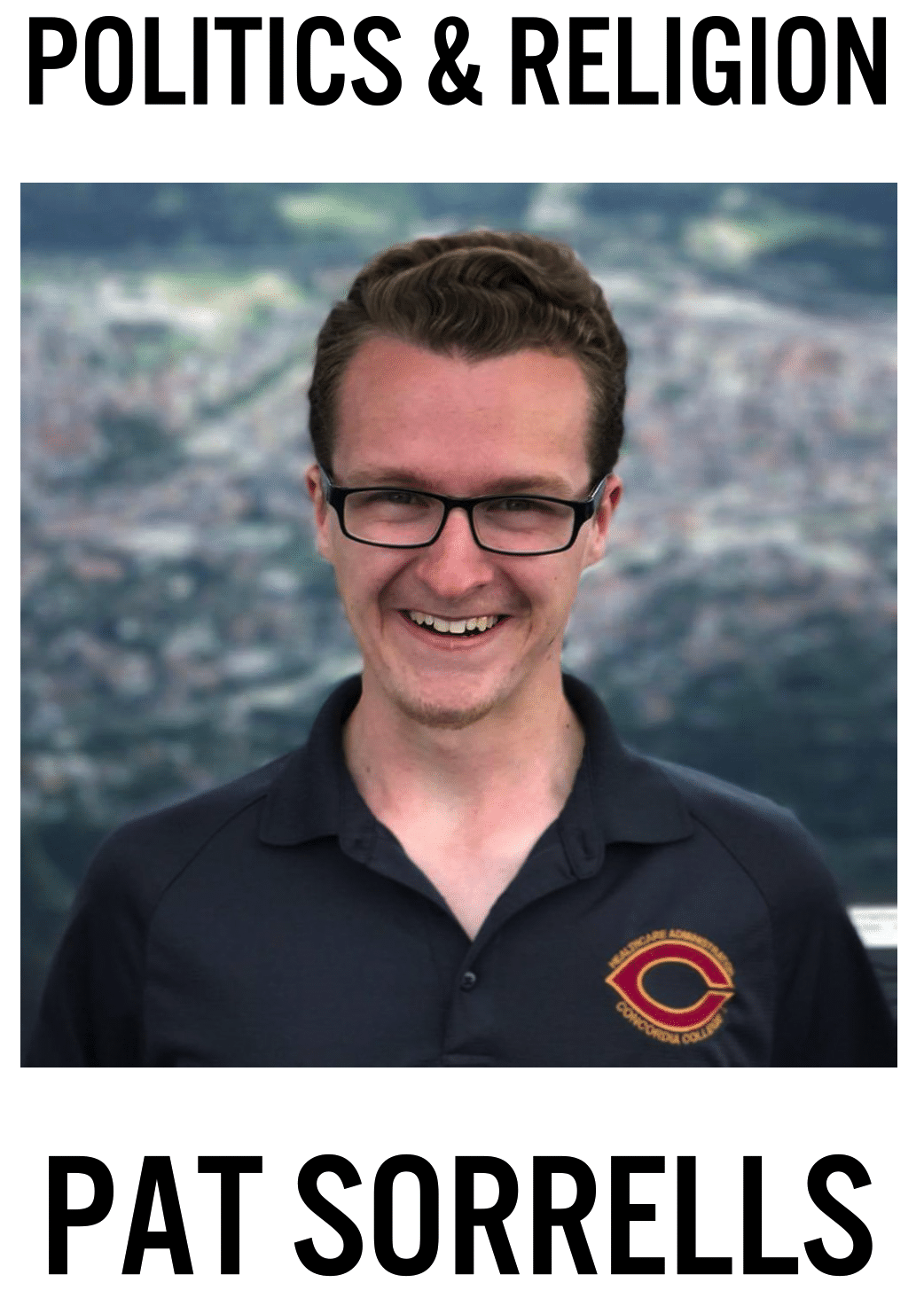 Sometimes it feels as though it is impossible to have an intelligent conversation with someone about hot-button topics. This is likely due to strongly held beliefs that manifest through emotional outbursts, disrupting the conversation and preventing further discussion. The emotional outbursts are more than likely directed at people who do not share the same thoughts. Sometimes this can lead people to think in a way that is counterproductive to calm and collected dialogue. This way of thinking is exemplified in far-left liberals who use it to ostracize those they disagree with and hammer home their own strongly held beliefs.
Sometimes it feels as though it is impossible to have an intelligent conversation with someone about hot-button topics. This is likely due to strongly held beliefs that manifest through emotional outbursts, disrupting the conversation and preventing further discussion. The emotional outbursts are more than likely directed at people who do not share the same thoughts. Sometimes this can lead people to think in a way that is counterproductive to calm and collected dialogue. This way of thinking is exemplified in far-left liberals who use it to ostracize those they disagree with and hammer home their own strongly held beliefs.
Below is an example of the logical process some far-left liberals subscribe to when another individual openly expresses their opposing viewpoint on a hot-button topic. First, they take offense to the opposition’s claim. Second, they claim that what was just said is objectively offensive. This means that there exists no reality where it is okay to hold this viewpoint and not be offensive. Third, they act shocked if you disagree that it is offensive. Fourth, they proceed to say that only a (insert negative adjective and noun) would not take offense to what was just said. Fifth, the offended party labels what was said as hate speech and demands that the person should be silenced and never allowed to express their personal beliefs again.
As I have stated before, I do believe that objectively offensive language exists that should be labeled as hate speech. My only caveat is that I do not trust any individual or organization to accurately identify what is or is not offensive language. In my opinion, people on the left will always miss the mark and cross over into the grey abyss of what constitutes offensiveness and what does not. To be frank, what could be perceived as being offensive depends on many things, such as one’s geographical location, culture, upbringing, time period, etc.
The ignorance expressed by individuals on the far-left by engaging in this kind of thinking breeds an unhealthy hatred for those with whom they vehemently disagree. Thankfully, I do not think there are many individuals of the radical far-left variety on our campus, let alone ones that would use this kind of logic. But unfortunately, many of the steps (and sometimes all of them) in this logical progression are evident in debates, policies, political banter, classroom discussions, and everyday conversations around the U.S. Engaging in this kind of flawed logic is harmful and counterproductive when having intelligent conversations about issues such as race, gender, and sexuality. This frame of mind hampers one’s ability to take in new information and fully consider perspectives other than one’s own.
One example of this kind of logic is evident in Andrew Swartchick’s rebuttal of my piece titled “College does not fulfill mission,” published on Nov. 2, 2017. In his letter to the editor, he states the following: “Patrick’s most recent column is an obtuse, uninformed, ignorant, and underdeveloped opinion on the role and strength of Concordia’s religion department. Patrick does not educate himself regarding the goals the religion department and the college hold. Patrick should not be allowed to publish if his allegations throw slander, misinformation, half-truths, and are factually unsound. It is irresponsible and apprehensible for this newspaper to publish anything as such.”
First, it is clear by the tone of his writing that he took offense to what I wrote. Second, it is also clear that he thinks my voice should be silenced due to the fact that he called the paper irresponsible for publishing my ideas because of how “offensive” I was. Third, he refers to my opinion as obtuse and ignorant, which proves that he’s not above name-calling. Side note: To those who would argue Mr. Swartchick’s writing is hyperbole and should not be taken at face value, please also consider that most of President Trump’s tweets may also be hyperbole and should not be taken at face value. If you cannot concede that, then I stand behind my analysis.
Being able to openly express one’s opinions is a fundamental right our constitution grants the American people. It is also the right of many others to criticize said opinions. But when the discussion devolves into one party wanting to silence the other, intelligent discussion ceases and needless fascistic tendencies boil to the surface. I am all for intelligent conversation, but when dialogue exemplified by the excerpts above surfaces, it needs to be addressed and brought to light. Silencing dissenting opinions is at the very least morally reprehensible, and ultimately unconstitutional.




